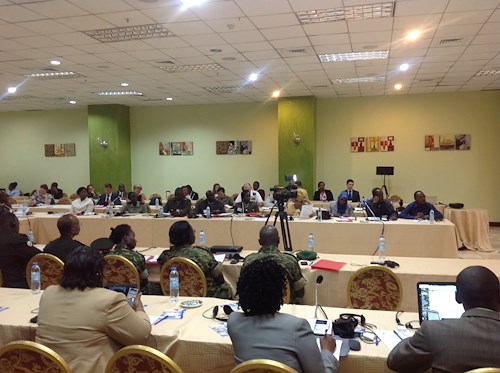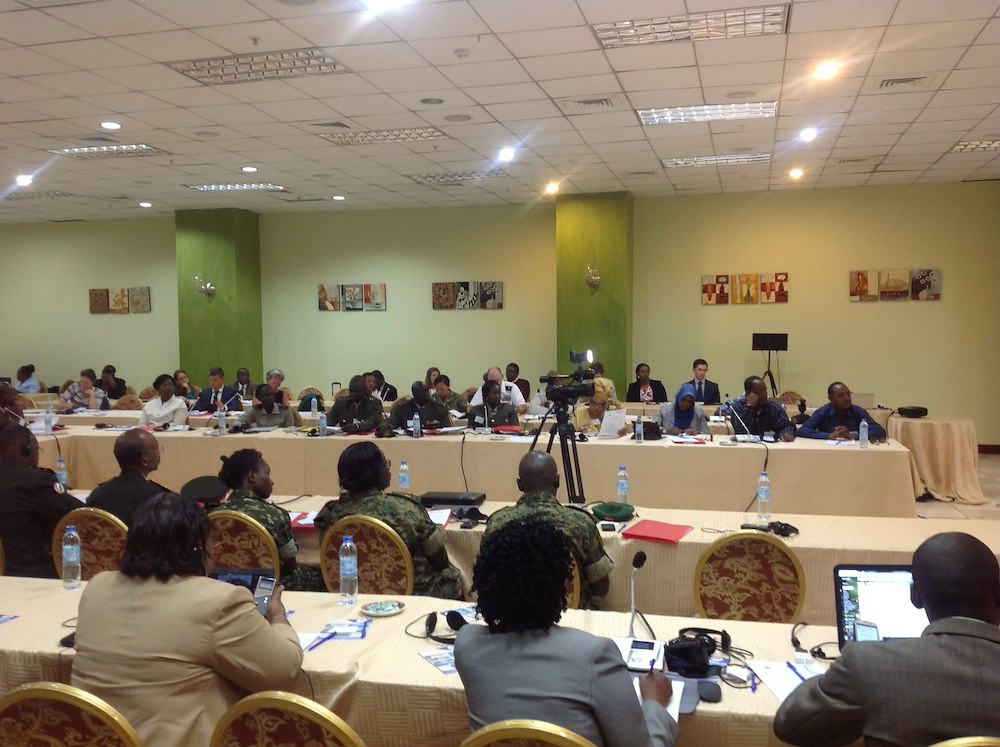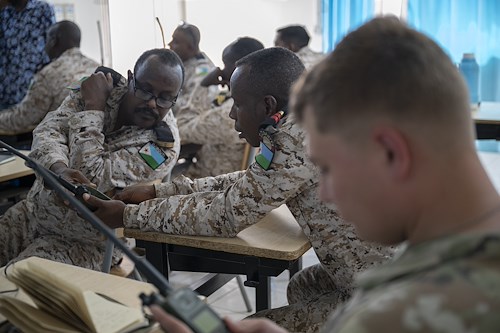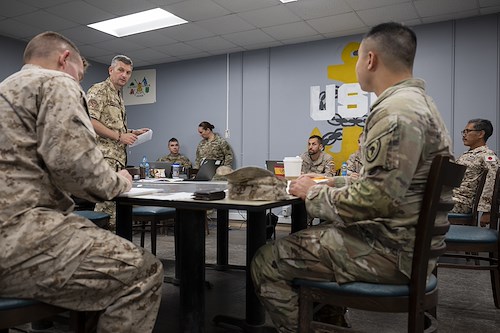Combined Joint Task Force — Horn of Africa
CJTF-HOA
Media Room
From the Media Room
Articles
Our latest news all in one place
Press Releases
Our official press releases
Images
Browse the latest images from CTJF-HOA and our partners
Documents
Factsheets, posture statements, and more
Niger Investigation
Read the special report here
Transcripts
Catch up on speeches from our leaders both past and present
MISO
Military Information Support Operations
News by Section
Special Links
What We Do
Exercises
Djibouti Base Cluster (Force Protection Mission) CADJ, CLDJ, the Port (DJBC)
Joint Humanitarian Operations Conference
French Desert Commando Course
Emergency Deployment Readiness Exercise
Exercise WAKRI
SOMTU Training
Exercise Bull Shark
Humanitarian Operations Workshop
Japanese Noncombatant Evacuation Operations














